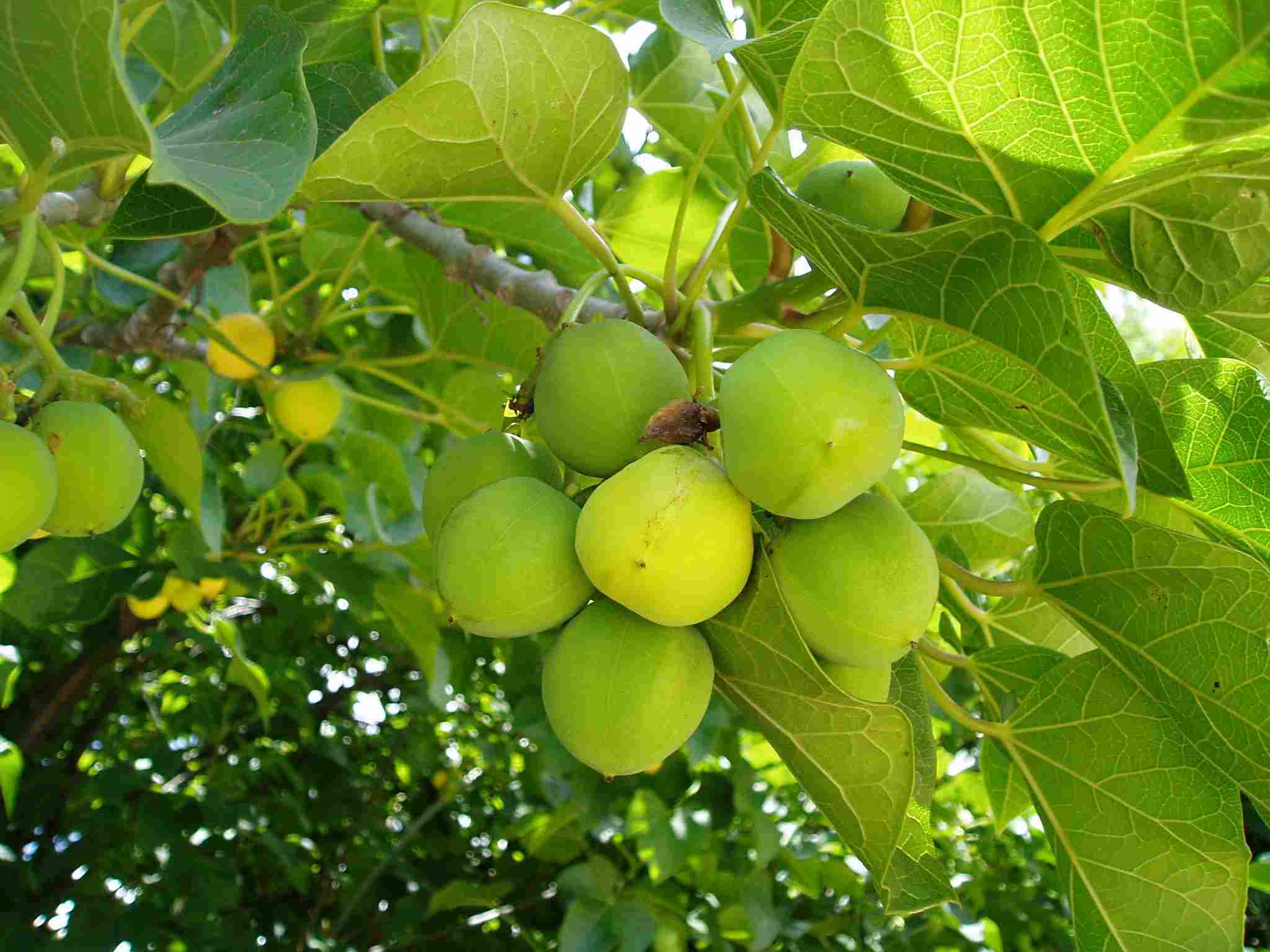Desert 'carbon Farming' To Curb CO2
페이지 정보

본문

Desert 'carbon farming' to curb CO2

1 August 2013
Share
close panel
Share page
Copy link
About sharing
By Matt McGrath
Environment correspondent, BBC News
Scientists state that planting big numbers of jatropha trees in desert locations might be an efficient way of curbing emissions of CO2.
Dubbed "carbon farming", researchers state the concept is economically competitive with high-tech carbon capture and storage projects.
But critics state the idea could be have unpredicted, unfavorable impacts consisting of increasing food costs.
The research study has been released, external in the journal Earth System Dynamics.
Seeds of modification
is a plant that stemmed in Central America and is extremely well adapted to severe conditions consisting of exceptionally arid deserts.
It is currently grown as a biofuel, external in some parts of the world due to the fact that its seeds can produce oil.
In this research study, German scientists revealed that one hectare of jatropha could record as much as 25 tonnes of co2 from the environment every year. The researchers based their estimates on trees presently growing in trial plots in Egypt and in the Negev desert.
"The results are overwhelming," said Prof Klaus Becker, from the University of Hohenheim in Stuttgart.
"There was good growth, a good reaction from these plants. I feel there will be no issue trying it on a much larger scale, for instance 10 thousand hectares in the beginning," he said.
According to the researchers a plantation that would cover 3 percent of the Arabian desert would absorb all the CO2 produced by vehicles and trucks in Germany over a twenty years duration.
The researchers state that a critical component of the strategy would be the schedule of desalination centers. This means that initially, any plantations would be restricted to coastal locations.
They are hoping to establish bigger trials in desert areas of Oman or Qatar. Prof Becker says that unlike other plans that simply offset the carbon that people produce, the planting of jatropha might be an excellent, short-term solution to climate modification.
"I think it is a good concept due to the fact that we are actually drawing out carbon dioxide from the atmosphere - and it is entirely various between drawing out and preventing."
According to the researcher's calculations the costs of curbing carbon dioxide by means of the planting of trees would be in between 42 and 63 euros per tonne. This makes it competitive with other strategies, such as the more high tech carbon capture and storage, external (CCS).
A number of nations are currently trialling this innovation, external but it has yet to be deployed commercially.
Growing jatropha not only takes in CO2 however has other advantages. The plants would help to make desert locations more habitable, and the plant's seeds can be gathered for biofuel state the researchers, offering a financial return.
"Jatropha is ideal to be turned into biokerosene - it is even better than biodiesel," said Prof Becker.
But other experts in this area are not encouraged. They point to the reality that in 2007 and 2008 great deals of jatropha trees were planted for biofuel, particularly in Africa. But a number of these endeavors ended in tears,, external as the plants were not really successful in coping with dry conditions.
Lucy Hurn is the biofuels project supervisor for the charity, Actionaid. She says that while jatropha was once viewed as the excellent, green hope the reality was very various.
"When jatropha was introduced it was viewed as a wonder crop, it would grow on scrubland or minimal land," she stated.
"But there are typically individuals who require marginal land to graze their animals, they are getting food from that area - we would not class the land as limited."
She mentioned that jatropha is extremely poisonous and can pollute the land it is grown on, even in a desert. And she also had concerns about the fairness of the idea.
"It is still somebody else's land. Why enter and grow these enormous plantations to handle a problem these people didn't actually cause?"
Follow Matt on Twitter, external.
'Carpets of seaweed' grown for fuel. Video, 00:03:05'Carpets of seaweed' grown for fuel
1 July 2013
Biofuels are 'irrational strategy'
Published
15 April 2013
Related internet links
Universität Hohenheim

European Geosciences Union
The BBC is not accountable for the content of external sites.
- 이전글10 Tips For Getting The Most Value From Accident Lawyers In Virginia 25.01.23
- 다음글Fun Is Anywhere With Free Slots 25.01.23
댓글목록
등록된 댓글이 없습니다.

